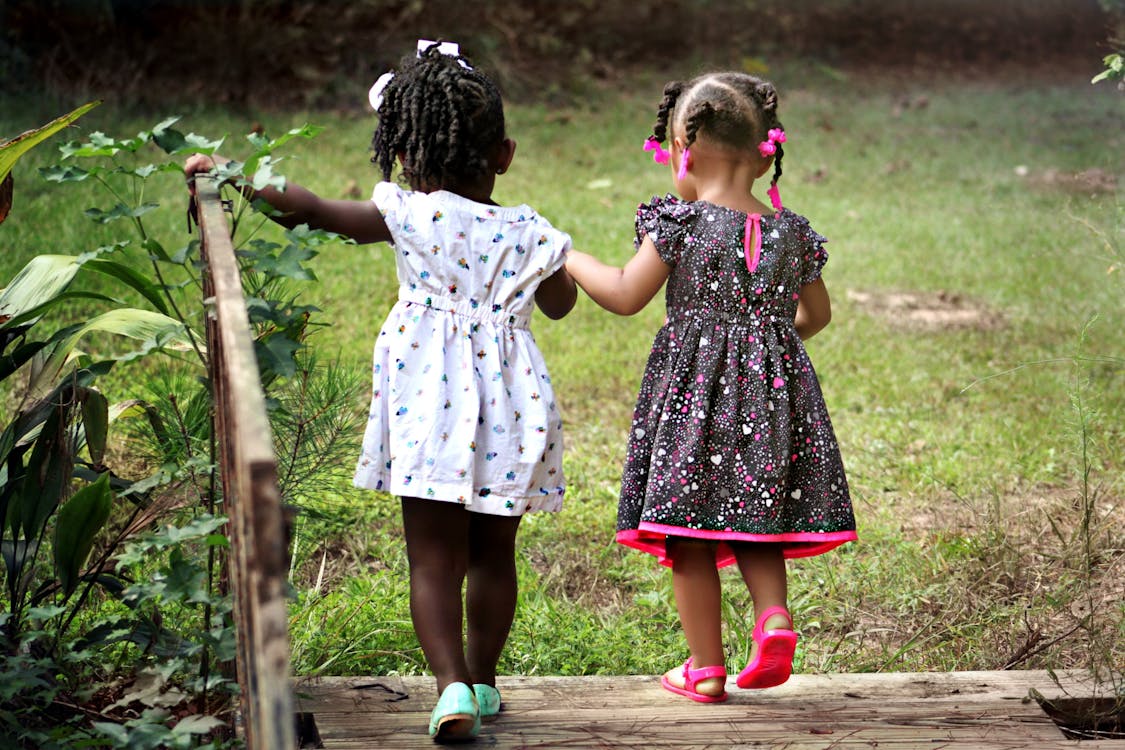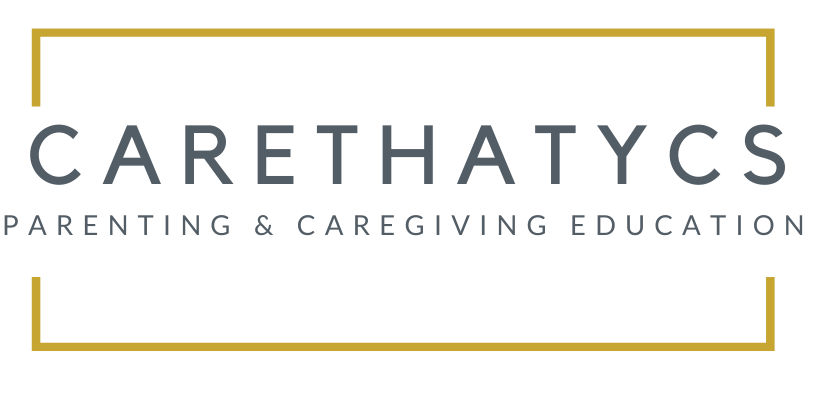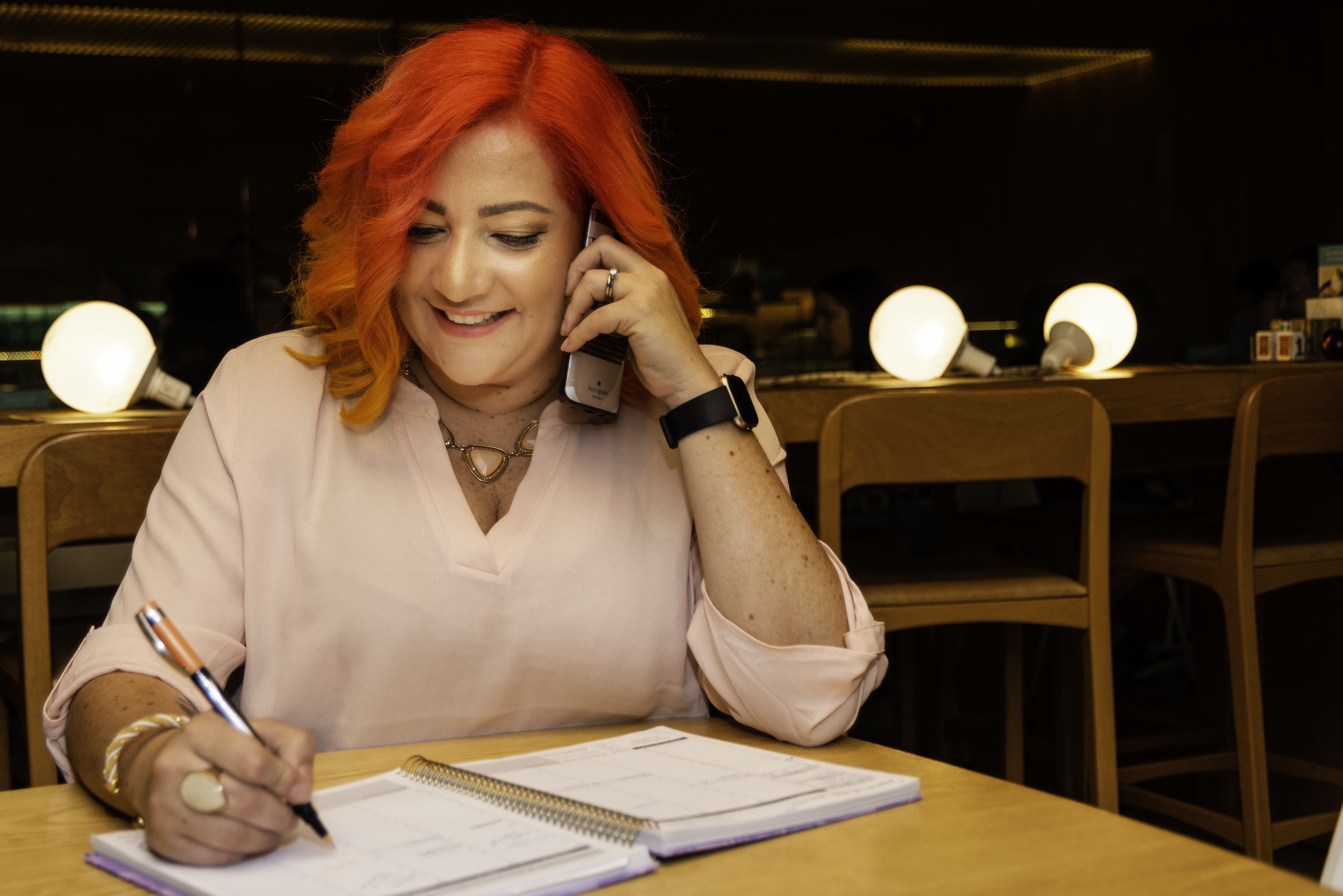
All parents seek to give their children the best education they possibly can, as it will be their upbringing in the early years that will define who the child will be as an adult. There are countless teaching methodologies and pedagogical lines that guide parents, domestic professionals and schools in raising our little ones. It is always good to research as much as you can, to see which methods have more to do with the family’s ideology and interests. So today, we are going to talk about the Waldorf philosophy.
What is the Waldorf philosophy?
The Waldorf philosophy was created in 1919, in the post-war period. With the purpose of educating children not only intellectually, but also emotionally, based on the fact that, before being able to have a developed intellect, it is necessary to have a solid emotional base.
Therefore, its concept is education with freedom and cooperation. It is based on educating the human being completely, seeking to develop the child’s psychic, spiritual and physiological part. Currently, the Waldorf philosophy is present in the education of children in more than 80 countries.
Even though it is very different from what we are used to seeing in the homes we know and it may even seem strange to those who do not know much about it, the Waldorf philosophy is not as complicated and weird as it seems. It is actually very enriching, both in educational development and in human development. In fact, its main purpose is to prioritize the development of human beings before forming good students, who get good grades.
This philosophy is also premised on a healthier diet, in which the little ones grow up without eating sweets and processed foods. Pasta, only if whole. Many schools will have their own vegetable garden where children will care for and harvest their own food. The only thing that follows the traditional, are the old-school outside games, as they work on motor coordination and sociability. Even toys are made as handicrafts, made of natural material such as wood and wool.
It is as if they were living in the country, surrounded by nature; even the older children still play “pretend” and other games that children used to play before technology. As for the environment, the whole space has to be well thought out, seeking to give autonomy and challenge the child, so they can work on body development and self-knowledge. The family actively participates in the child’s education, not only at home, but in their school routine.
The school that uses the Waldorf philosophy
Generally, in schools that use the Waldorf methodology, children have knitting or crochet class, learn a second language and have music class, working on various skills. Literacy comes later, around seven years old, and they do not usually use textbooks or notebooks with guidelines. Nor does it have traditional performance evaluations – tests or exams-., teaching tools continue to be through arts and crafts, belong through story-telling, visual-art, drama, music, etc.
On the other hand, the little ones already write with pens, like adults, instead of pencils, as in traditional teaching. In the coloring activities they already use watercolors instead of crayons.
Although schools and teachers have a lot of freedom to create the students’ curriculum, they obviously follow each state’s education guidelines, so students have classes their academic subjects such as history, mathematics, science as they would have in other schools. What changes is the form and intensity of the content that is taught.
In addition, the child has one teacher for each stage of their education, being, in the period of early childhood education, they will have the same teacher for several years. In this way, they will create stronger bonds.
The benefits of the Waldorf philosophy
There are countless benefits of the Waldorf philosophy, because in addition to the child observing and learning to live with their body, their soul and their spiritual side, this philosophy respects each person’s gift, and in this way, learning in general is much more spontaneous and organic. There is no prohibition on anything, just the care to present everything at the right time, when the child has the maturity to understand what was presented to them.
Due to all the autonomy given, children grow up stronger, knowing how to make choices in good judgement and guiding themselves through life. And having a childhood with traditional games, means they learn to be supportive and embrace collaboration early on since they have always played as a team. They are built with values such as cooperation and respect for other people, as the Waldorf philosophy has always respected the pace of each one. Learning also, to enjoy nature, respecting and defending it.
Creativity and imagination are worked through children’s stories and tales, and parents are asked to carry that at home as well, since it is recommended that parents read to their children every day.
The child feels safer to take risks in life, since in Waldorf philosophy it is more natural to ask, have doubts and make mistakes. Many adults are afraid of making mistakes and are paralyzed, to the point, of not often chasing their dreams. The Waldorf philosophy understands that a child needs to be understood and accepted, because that way they can produce a lot more.

